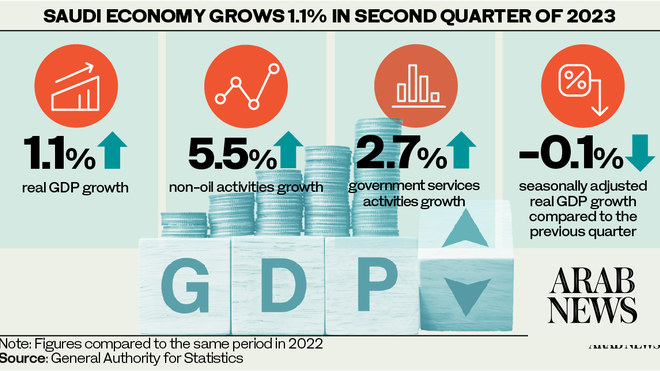
(Adds more comment)
TORONTO, Aug 31 (Reuters) - Canada’s economy shrank by 1.1% in the second quarter on an annualized basis and the economy most likely contracted by 0.4% in July following a 0.7% gain in June, Statistics Canada said on Tuesday.
Analysts surveyed by Reuters had expected second quarter annualized growth of 2.5% and a gain of 0.7% in June.
STORY:
MARKET REACTION: CAD/
LINK: here
COMMENTARY
JIMMY JEAN, CHIEF ECONOMIST AT DESJARDINS GROUP
“A bit of a shocker here ... Looking at the details of the quarterly report, it’s all driven by exports ... A lot of that has to do with what’s happening in the auto sector in particular, the supply chain disruptions.”
“There is also the slowdown in the residential construction sector. That is normal expected payback (after strong growth).”
“It comes in weaker than their (the Bank of Canada’s) expectations,” which means the output gap that the central bank had been pegging to close by the middle of 2022, could be pushed to a bit later if nothing changes.
“At the same time, we also have to recognize that there will be a major rebound in the third quarter. So all hope is not lost.”
SIMON HARVEY, FX MARKET ANALYST FOR MONEX EUROPE AND MONEX CANADA
“With the economy weathering the tightening of measures relatively well during the third wave and sitting just 1.5% below pre-pandemic levels, today’s data is unlikely to unsettle the Bank of Canada. However, the central bank will take heed of the preliminary GDP print which outlines another month-over-month contraction in July, while a mounting fourth wave adds further uncertainty to their economic outlook.”
“The increasing risk to the economic recovery is unlikely to be offset by the outcome of the federal election either, as the final result is unlikely to generate a large fiscal swing from the current status quo.”
ROYCE MENDES, SENIOR ECONOMIST, CIBC CAPITAL MARKETS
“Canada’s economy couldn’t power through another tough COVID wave without losing some ground ... A cooling off in home resales and a substantial decline in exports more than offset the gains in residential construction and business investment.”
“Overall, it seems that the Canadian economy wasn’t on as strong a footing as we had believed, and with the fourth wave now seemingly here, the economy faces another storm to navigate through.”
DOUG PORTER, CHIEF ECONOMIST AT BMO CAPITAL MARKETS
“It’s a jaw-dropper. Completely different from what Statistics Canada was estimating and what every economist was predicting... It reflects that Canada went through some tough restraints in Q2 - simply put, more of the spending went into rising prices than rising volumes.”
“It will probably be an uncomfortable question for the government today but I don’t think the GDP number will have a huge impact on the elections.”
“The economy looks to step back in July as well. (Bank of Canada) is also dealing with the highest inflation in a decade and I suspect they will keep pushing ahead with QE tapering, but it will be a big debate.” (Reporting by Shariq Khan, Fergal Smith Editing by Denny Thomas)
Our Standards: The Thomson Reuters Trust Principles.












